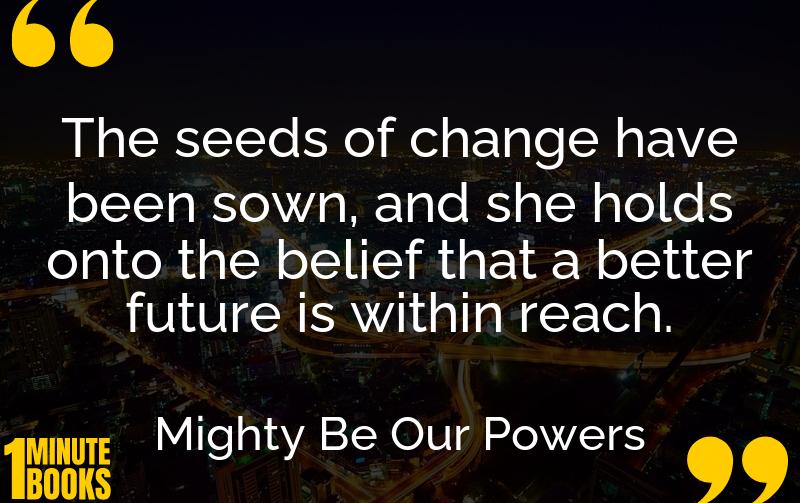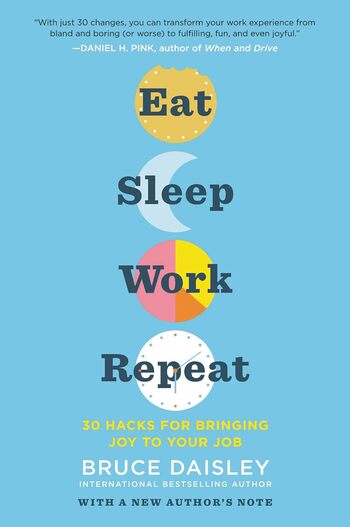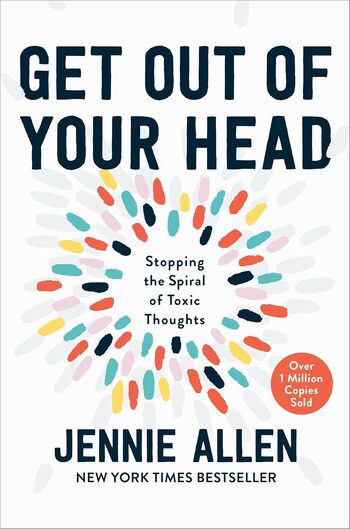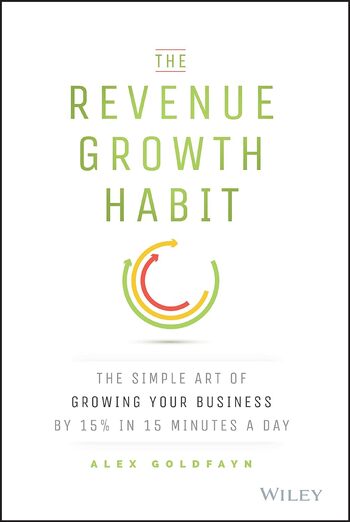
Leymah Gbowee narrates her journey from war-torn Liberia, overcoming personal struggles and driving a women’s peace movement that led to major political changes and won her a Nobel Peace Prize.
Main Lessons
- Unity and sisterhood can be powerful forces for change.
- Personal experiences of trauma can drive one’s passion for peace and justice.
- Non-violent resistance, such as sit-ins and sex strikes, can draw global attention.
- Women have historically been sidelined in conflict narratives but can be pivotal peacekeepers.
- Education can transform lives and open up new possibilities, even amidst turmoil.
- Resilience and hope are crucial in overcoming personal and national adversities.
- Community support and alliances can strengthen individual efforts for peace.
- Peacebuilding requires consistent effort and determination, despite setbacks.
- The struggle for peace often continues long after the end of conflict.
- True change occurs when marginalized voices are heard and valued.
- The personal is political: personal stories can impact wider social movements.
- Addressing gender biases in reporting is vital for inclusive narratives.
- Courageous leadership can inspire collective action towards peace.
- Empowering women is crucial for societal recovery and development.
- Successes in activism can pave the way for future political victories.








